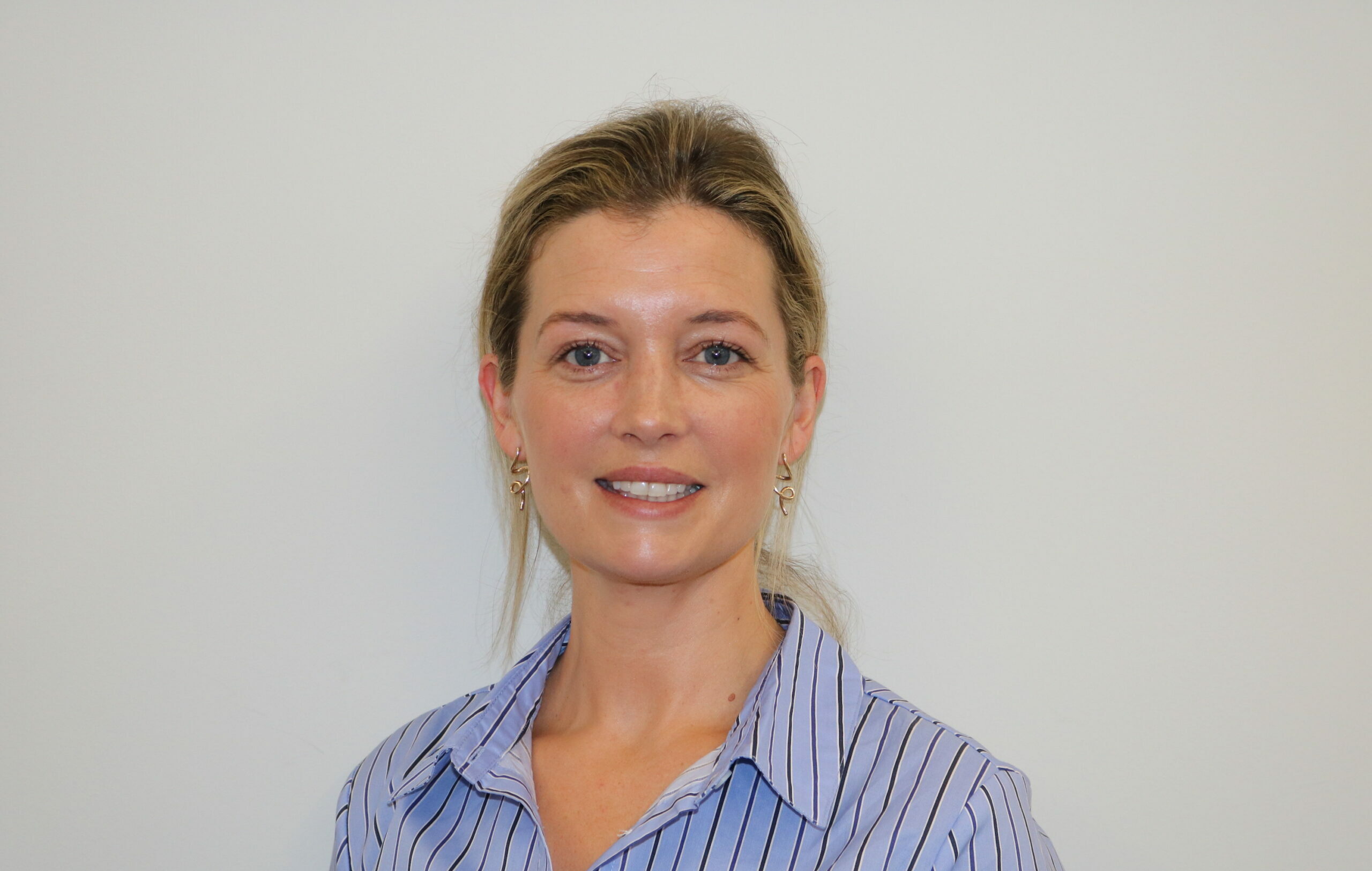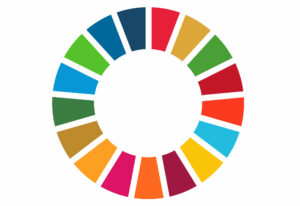
In a 1970 essay for The New York Times, Nobel Prize-winning economist Milton Friedman stated that “The Social Responsibility of Business is to Increase Its Profits.” Fast-forward over 50 years, business is confronted with major socioeconomic, environmental and geopolitical disruptions, challenged as never before to adapt, be relevant and contribute solutions to the world’s pressing issues (AACSB Pathways) – as well as making profits.
Compounding these disruptions is a solid shift in workforce priorities and values, including a desire among graduates to work for socially responsible companies. A recent UK study found that “91% of graduates want to ‘make a difference’ in their job” (Prospects, 2022), while some will accept lower salaries for roles that have the potential to give back to society. Indeed, many graduates are now considering their activism to be more important than their careers. This is forcing a rigorous reflection on the pastoral role of the business school for the public good, rather than simply as a training ground for future servants of power. “Business as usual” will not suffice. Responding to the changing landscape, University of Galway’s J.E. Cairnes School of Business and Economics has put the public good at the heart of its mission and 2021–2025 strategic plan.
At the recent keynote address of the Irish Academy of Management conference, hosted by J.E. Cairnes School of Business and Economics, Prof Martin Kitchener – Chair of the Chartered Association of Business School’s Taskforce on Business Schools and Public Good and former Dean of Cardiff Business School – stressed that business schools need to reimagine their purpose and place in the world as “public value institutions”. While there is evidence of talk-action gaps in business schools generally, J.E. Cairnes School of Business and Economics has, for some time, excelled in expanding our public good role into non-economic territory, identifying as a place-based institution in creating an ecosystem for maximising the public good.
The School is dynamically transforming efforts to address the Sustainable Development Goals (SDGs). While the School’s strategic plan spells out a specific focus on SDG 3 (Good Health and Wellbeing), SDG 8 (Decent Work and Economic Growth), SDG 9 (Industry, Innovation and Infrastructure), SDG 11 (Sustainable Cities and Communities) and SDG 16 (Peace, Justice and Strong Institutions), we are in fact addressing many more, including the all-encompassing SDG 17 – Partnership for the Goals, with many teaching, research and engagement activities cross-cutting a number of the SDGs.
So, how is the School advancing this agenda? Guided by the University’s core values of respect, openness, sustainability and excellence, our strategic mission makes use of our role as a globally engaged school, “energised by our regional edge on the west coast of Ireland”, to create and scale transformative impact towards the public good. Through this mission and its strategic alignment to the SDGs, we are pledging a strong commitment to create impact in our response to the SDGs, instilled with the distinctiveness of this School and its people. In doing so, we are educating, inspiring, shaping and building the change-making capacity of students – our future leaders.
As a signatory to the UN Principles for Responsible Management Education (PRME), a platform for advancing responsible management education in business schools globally, the School is actively integrating the SDGs across our teaching, research and engagement activities. By embracing PRME’s guiding principles for SDG integration, as well as an ongoing extensive School-wide SDG mapping strategic project, concrete actions are being taken to commit to this agenda. To begin ‘walking the talk’, the School recently funded the SDG mapping project, led by Dr David Kreps and Dr Ann O Brien, anchoring the SDGs in the consciousness of our School and making these goals a part of every activity. In a recent showcase held as part of the University’s SDG Week 2023, the School facilitated a forum connecting those with shared interest in the SDGs across academic disciplines, engaging staff, students and wider society. We now have evidence to demonstrate that the SDGs are providing a solid context and framework for such connection and agency. The showcased projects (available here), provide concise detail on the activities highlighted during the event and across this page.
Appreciating the mindset and skillset shift necessary for a more sustainable and responsible economy, we are prioritising our teaching and learning for impact, aligned to our public good mission. Specifically, we are designing, re-designing, and in many modules, co-designing (with internal and external stakeholders) curricula, co-curricular and extra-curricular content that reflects changing societal values and the SDGs. Our MSc in Global Environmental Economics, our recently developed MSc in Sustainability Leadership and MSc in Cybersecurity Risk Management signify that topics such as sustainability, social responsibility and ethics are moving from bolt-on topics, to integrated learning objectives across most taught modules and programmes, at both undergraduate and postgraduate levels. Other modules such as Megatrends, and Skills for Success, and initiatives like Leading Ireland’s Future Together (LIFT), delivered to our undergraduates, and our community-based Tax Clinic, are serving to cement the SDGs into the DNA of our offerings. PwC partners with us to design and deliver some modules, and many other community partners, including SCCUL social enterprise, an Mheitheal Rothar and Chambers Ireland are involved in mentoring our future leaders. These examples, among many others, are addressing a myriad of SDGs, most notably SDG 4 (Quality Education).
In terms of research, the School boasts a robust portfolio of partnerships, centres, contributions and engaged scholars which demonstrably address societal and environmental challenges with credible solutions. In deliberately broadening participation and dissemination of our research through events and workshops, we are enhancing the societal value of our scholarship in tangible and intangible ways. While many of the SDGs are being addressed, including agendas that have a powerful influence on public policy, we have solidified our contribution towards Responsible Digitalisation and Tech for Good in particular (speaking to SDGs 3, 8, 9, 11). Featuring strongly alongside this is our research on the Environment, Marine Climate, Biodiversity and the Circular Economy (addressing SDGs 6, 7, 12, 13, 14 and 15). Add to this the impactful research in Health and Ageing, Health Economics, Decent Work and Equality and Inclusion (SDGs 1, 2, 3, 5, 8, 9, 10, 11 and 16). In essence, we are addressing all SDGs in a concerted effort across the School.
As a living laboratory for innovative, timely, responsible and actionable ideas, our Business School is working to provide a space for dialogue and co-created value via a multi-stakeholder approach. This means pursuing wider engagement beyond campus-based teaching and research. As an extended enterprise, we are engaging with local and global communities through outreach programmes; partnerships with non-profit organisations such as Hygiene Hub, ITAG and COPE Galway; public engagement initiatives such as The People’s Trial and student-led organisations such as ENACTUS.
In meaningfully contextualising the global challenges, our collaboration with diverse stakeholders is ensuring that the School is truly having impact for the public good. For continued impact, concrete change requires all hands on deck, where J.E. Cairnes School of Business and Economics continues to act as a steward for positive collective change.
Thinking Beyond event series brings together experts from a wide range of industry and academic thought leaders to share their insights and best practices to help businesses stay ahead of the curve and succeed in today’s rapidly changing landscape.
Examples of past Thinking Beyond events:
SDGs discussed in this article:

Profiles
Dr Johanna Clancy is a lecturer in Business Enterprise at the J.E. Cairnes School of Business & Economics, and is Lead for the School’s commitment to the United Nations' Principles for Responsible Management Education (PRME). In 2021, Johanna received the President's Award for Societal Impact, in recognition of her impactful external engagement, as well as her teaching and research interests, which reflect her passion for shaping the social consciousness of students.